Cardiac Surgery Death Rates Decline To Lowest Level In A Decade
Check this story out and remember: THE NUMBER OF CABG OPERATIONS BEING PERFORMED IS DECREASING BECAUSE PATIENTS AND RESEARCHERS ARE ON TO THE LIE THAT IT IS THE TREATMENT OF CHOICE FOR CAD. IT IS NOT!Cardiac Surgery Death Rates
Cardiac surgery death rates have dropped to their lowest level since the New Jersey Department of Health and Senior Services began issuing reports a decade ago.
The state's mortality rate has declined 54.5 percent between 1994 and 2004, including a nearly 12 percent drop from 2003 to 2004, according to the report.
"The cardiac surgery reporting initiative is a real success story. It shows what a powerful difference we can make when we work together with one goal in mind -- giving every patient high-quality care," Commissioner Jacobs said.
"Cardiac surgery programs have succeeded because of their remarkable efforts to examine the care they give and make systematic improvements," said Charles Dennis, M.D., chairman of the Commissioner's Cardiovascular Health Advisory Panel. "I appreciate the Department's ongoing support for the panel's efforts to track and report on patient outcomes."
The Cardiac Surgery in New Jersey series focuses on a common cardiac surgical procedure – coronary artery bypass graft (CABG) surgery with no other major surgery during the same hospital admission.
Included in the report are patient mortality data for New Jersey's 17 cardiac surgery hospitals and 49 individual named surgeons. For the first time, the report also includes each hospital's average length of patient stay following surgery.
According to the report released today, the number of CABG surgeries continues to decline as patients are increasingly treated with angioplasty, a less invasive alternative to bypass surgery. There were 6,177 procedures in 2004 compared with a high of 8,377 in 1998. ( How many were treated medically in those years?)
Of the 6,177 patients, 122 -- or 1.98 percent -- died in the hospital or within 30 days of surgery. (How many patients treated with medication died in the first 30 days of treatment?) In 1994-1995, the period covered by the first report, the rate was 4.14 percent. The department risk-adjusts all hospital and surgeon rates to, in effect, give "extra credit" to those treating sicker patients.
Other hospital findings include:
* Hackensack University Medical Center was the only hospital with a statistically significantly better-than-average performance (0.65 percent death rate).
* Our Lady of Lourdes Medical Center in Camden (4.46 percent) and the UMDNJ-University Medical Center in Newark (6.84 percent) had rates that were significantly worse than the statewide average.
* Englewood Hospital and Medical Center had no deaths among its 102 patients, but the rate was not statistically significantly different from the state average.
* The statewide average patient stay in the hospital was 6.43 days, with individual hospitals ranging from 5.64 to 7.39 days.
Jersey City Medical Center received its cardiac surgery license in late 2004 and will be included in the next report.
The 49 surgeons named in the report had performed at least 100 bypass operations in one hospital in the years 2003-2004 combined. That is the minimum number needed to calculate reliable risk-adjusted mortality rates. Surgeon findings include:
* Three surgeons had a statistically significantly better-than-average performance – one each at Hackensack University Medical Center, AtlantiCare Regional Medical Center and St. Michael's Medical Center.
* Three had worse than average performances – one each at Cooper Hospital/University Medical Center, Our Lady of Lourdes Medical Center and PBI Regional Medical Center.
* One surgeon each at Englewood Hospital and Medical Center and Newark Beth Israel Medical Center had no deaths, although this was not statistically significantly different from the statewide average.
Four other states report on cardiac surgery outcomes. Pennsylvania and Massachusetts also examine 30-day mortality, while New York and California look at in-hospital deaths.







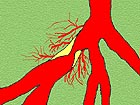
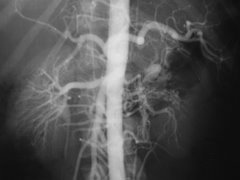
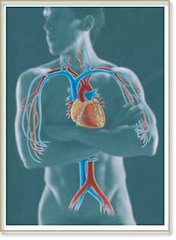
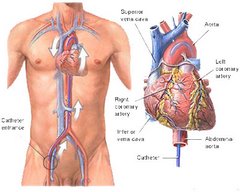
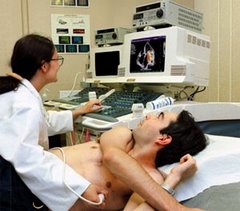
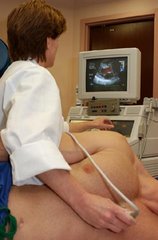
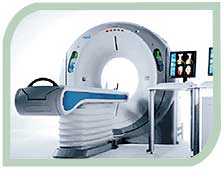
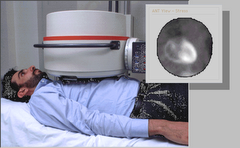
No comments:
Post a Comment